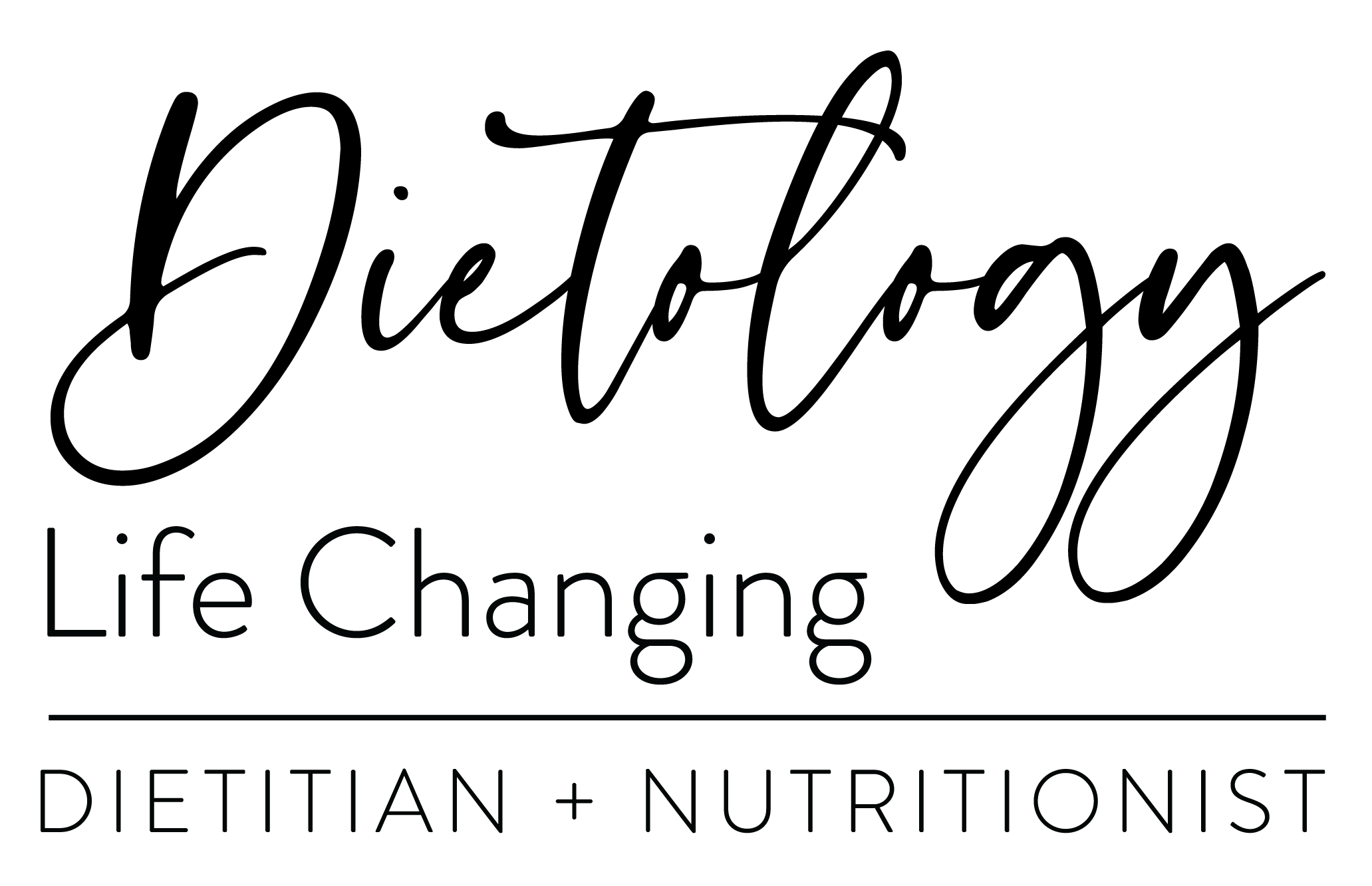Hashimoto's Thyroiditis and Menopause: Understanding the Symptoms and Nutrition Intervention
Hashimoto's thyroiditis is an autoimmune condition that affects the thyroid gland, while menopause is a natural process in a woman's life that marks the natural decline of reproductive hormones and cessation of menstruation. If you are diagnosed with Hashimoto’s and reach the life stage of menopause, it can cause unique challenges for you.
Understanding Hashimoto’s Thyroiditis
Hashimoto's thyroiditis occurs when the immune system mistakenly attacks the thyroid gland, leading to chronic inflammation.
This autoimmune condition can cause several symptoms such as fatigue, weight gain, hair loss, depression, and sensitivity to cold. These symptoms may become more pronounced during menopause due to further hormonal changes.
What is the Impact of Menopause on Hashimoto’s?
Menopause is a natural biological process that signifies the end of reproductive years for women. It occurs when the ovaries stop producing estrogen and progesterone, and hence you stop menstruating.
During this transition, you may experience a range of symptoms, including hot flashes, mood swings, weight gain, sleep disturbances, and decreased metabolism, low libido and vaginal dryness.
These symptoms can be exacerbated if you also have Hashimoto's thyroiditis.
What Symptoms Overlap?
Many symptoms of Hashimoto's thyroiditis and menopause overlap, making it challenging to distinguish between the two.
Fatigue, weight gain, depression, and memory problems are commonly experienced by women with both conditions. This overlap can lead to misdiagnosis or an incorrect cause of symptoms to one condition over the other.
What Nutrition Intervention is Required?
Proper nutrition can play a crucial role in managing the symptoms of Hashimoto's thyroiditis and menopause. Here are some nutrition interventions that can help alleviate symptoms:
A Balanced Diet:
Focus on a diet that includes a variety of fruits, vegetables, whole grains, lean proteins, and healthy fats. This can provide essential nutrients needed for overall health and support proper thyroid function.
2. Moderate Goitrogens:
Some foods, such as cruciferous vegetables (like broccoli and cabbage), soy products, and millet, may interfere with thyroid function. It's best to moderate their consumption, especially if you have Hashimoto's.
These are inactivated by household cooking. They may also be removed to a great extent by leaching out into the cooking water. However, steaming, microwaving or stir-frying results in no significant decrease concentrations.
3. Anti-inflammatory Foods:
Including anti-inflammatory foods like fatty fish (salmon, mackerel), herbs and spices such as turmeric, ginger, leafy greens, a variety of vegetables and fruit including berries in your diet may help reduce inflammation associated with Hashimoto's thyroiditis.
4. Manage Estrogen Levels:
Consuming phytoestrogen-rich foods, such as flaxseeds and soy products (in moderation), may help manage menopause symptoms by mimicking the effects of estrogen.
5. Regular Meal Timing:
Maintaining regular meal timing and avoiding prolonged fasting can help stabilize blood sugar levels and support hormone balance.
Hashimoto's thyroiditis and menopause can present unique challenges for women's health. By understanding the symptoms and implementing appropriate nutrition interventions, you can improve your quality of life and manage these conditions effectively.
Remember to consult with a registered dietitian for personalized guidance in managing your specific circumstances.

